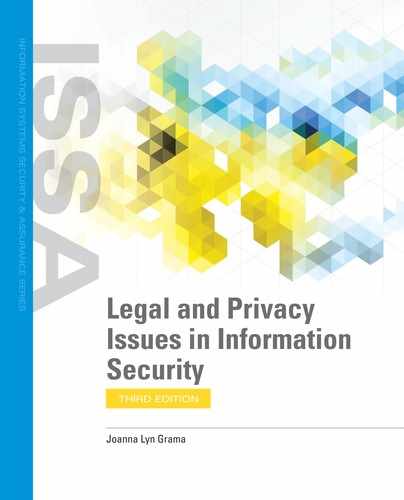Regulatory Authorities
As discussed in the administrative procedure section, the federal government delegates some regulatory and enforcement functions to administrative agencies, typically subject matter expert agencies. These delegations are made because it would be impossible for Congress to make timely laws in some of the many different areas that are regulated by the federal government.
According to the federal Administrative Procedure Act, an agency is any government authority besides Congress and the courts. Federal agencies fall under the executive branch of the government and are used to help carry out the day-to-day activities of the government. Agencies may have many different functions. For example, many of the laws in the United States are actually administered by regulatory agencies. These agencies create rules, enforce compliance, and hand out sanctions within their specified area.
The president usually has the responsibility for overseeing the federal agencies. Federal agencies also can be created under other federal agencies. For instance, the U.S. Department of Agriculture oversees several different federal agencies.
![]() NOTE
NOTE
The oldest federal law enforcement agency is typically recognized as the U.S. Marshals Service, which was formed in 1789.
Congress also can create independent agencies that report directly to it. One such independent federal agency is the Federal Trade Commission (FTC). Its mission is to promote consumer protection and eliminate practices that are harmful to competitive business in many areas of the economy. The FTC, created in 1914 under the Federal Trade Commission Act, is one of the most important regulatory authorities for consumer and some business practices issues, including online business practices.
The FTC reports to Congress on its actions. The FTC is led by five commissioners, who each serve a 7-year term. The commissioners are nominated by the president and confirmed by the Senate. The president also chooses one commissioner to act as chairman. To maintain the independence of the Commission, no more than three commissioners can belong to the same political party. The FTC has seven regional offices across the United States.
Most federal agencies have the ability to make rules. The rulemaking authority of the FTC is described in the Federal Trade Commission Act, which states that the FTC can make “rules which define with specificity acts or practices which are unfair or deceptive acts or practices in or affecting commerce.”14 The Act states the process for how the rules are made. After the FTC makes a rule, anyone who violates the rule can be sanctioned by the FTC.
Regulatory authorities provide another type of law that must be considered when thinking about the American legal system. These administrative agencies have the power to create and enforce regulations that are considered equal to the law passed by the federal government. Individuals and organizations can be subject to penalties for violating agency rules.
